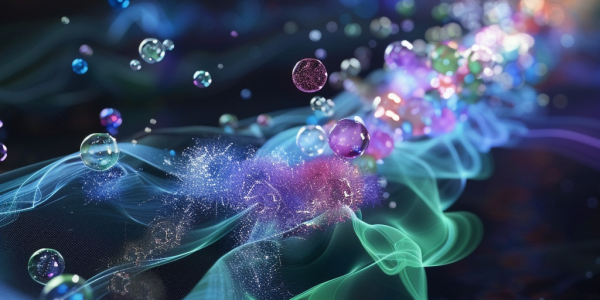Researchers Discover ‘Negative Time’ in Groundbreaking Quantum Experiment
A groundbreaking experiment by researchers at the University of Toronto has revealed evidence of ‘negative time’ in quantum mechanics. This study, published in PRX Quantum, demonstrates how photons can exit a cloud of ultracold rubidium atoms before entering, challenging conventional notions of time and opening new avenues for exploration in quantum physics.
Physicists Make Groundbreaking Discovery in Study of H2+ Molecule
Physicists from Heinrich Heine University Düsseldorf (HHU) have made a groundbreaking discovery in the study of the simplest molecule, H2+. The molecule, which is composed of two hydrogen nuclei and one electron, has long been a subject of interest for astrophysics and fundamental physics due to its significance in the early formation of the universe. Published in Nature Physics, the study details the team’s successful measurement of the molecule’s vibrations using a laser, marking the first direct observation of such behavior. The findings closely align with theoretical predictions, shedding light on the elusive nature of H2+.


